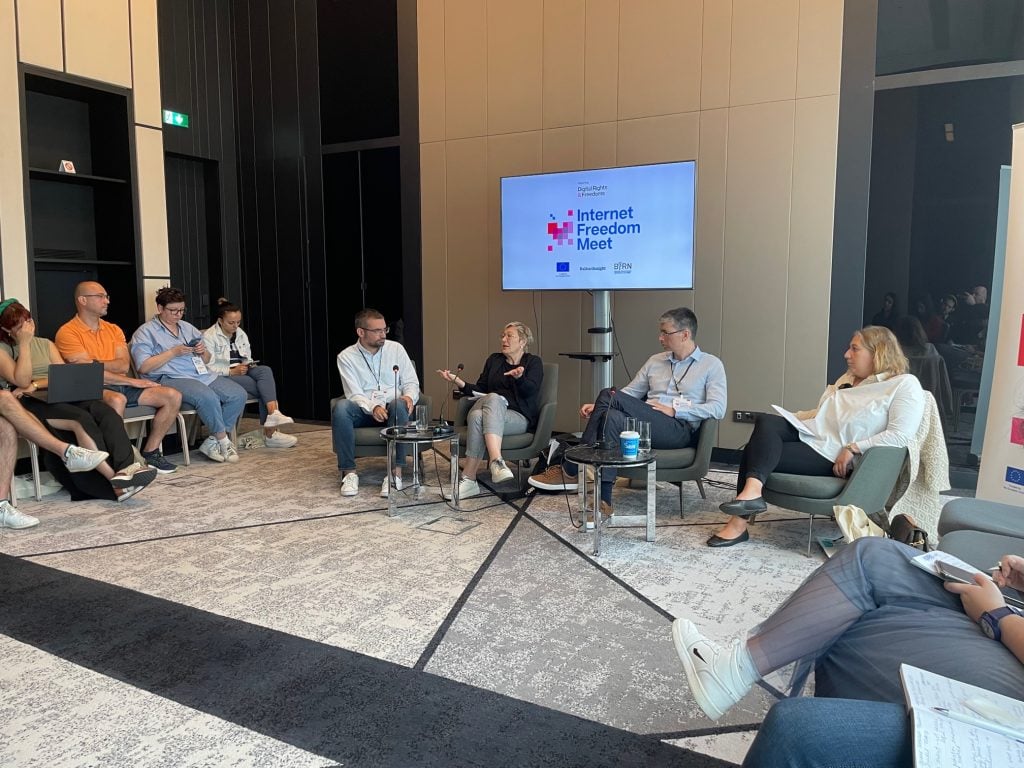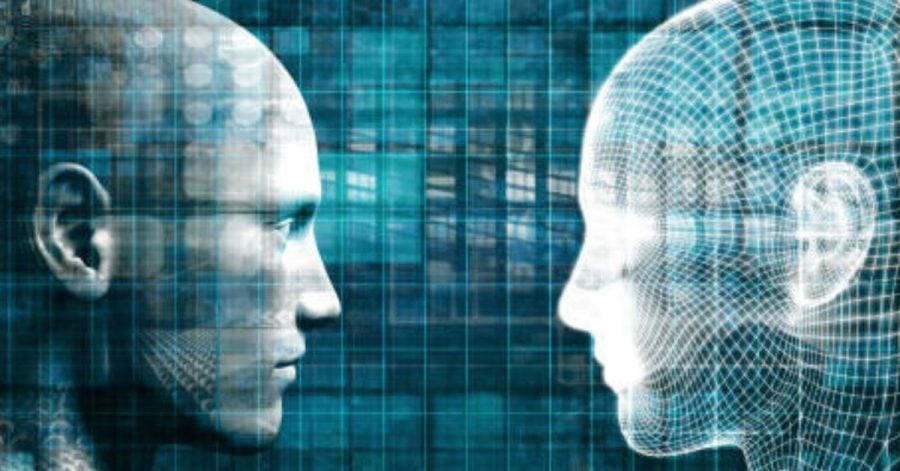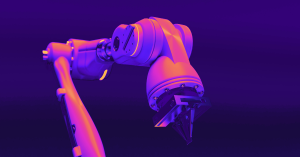Have you ever wondered what it would be like to talk with a deceased loved one? Тo say the goodbye you never had the chance to, or to make amends for something that you didn’t have the time to do? As people we often carry this weight of unfinished conversations, unresolved conflicts, and unspoken words – and yearning for that one last opportunity.
Now, we live in a world where AI technology is evolving to the point where it can grant us this elusive chance – to reconnect with those who have crossed over. Companies in China, for instance, have been harnessing the power of AI to raise the dead by gathering vast amounts of data, photos, recordings, and messages, to train chat programs that can imitate the speech and behavior of deceased individuals.
And while the potential emotional benefits of this technology may be apparent, it also uncovers plenty of concerns, such as what are the consequences and ethical boundaries associated with these AI-driven products. Is using AI to raise the dead overstepping the limits of what is morally acceptable, or is this just a natural progression for the way this emerging technology is developing?
Ljubisa Bojic is a senior research fellow at the Institute of Philosophy and Social Theory at the University of Belgrade, and has been working on a number of projects that are delving into the intersection between AI and ethics. According to him, examples of such AI products first and foremost raise the issue of privacy and consent.
“The deceased, for instance, can’t provide their consent for the use of their personal information or aspects of their personality. Moreover, considering such cases and the context of our research at the Digital Society Lab, it’s interesting to note that as AI models like GPT-4 begin to exhibit traits suggestive of self-awareness and subjectivity, the ethical implications of using these AI models also evolve,” Bojic tells The Recursive.
It is also extremely important to note that humans are fragile beings susceptible to addiction and manipulation, he adds. “There is no way to prevent that except by forbidding those AI apps that degrade the mental health of their users, which is very clear in an attempt to bring back dead relatives to life using AI,” Bojic points out.
“Losing yourself in your creation”
For those that are actually creating the technologies behind these products, things might be a bit different, experts explain. According to Predrag Tadic, assistant professor at the school of Electrical Engineering at the University of Belgrade, engineers don’t usually have subjects that talk about ethics.
“When the sharp rise of these AI technologies began I started reading a lot about philosophy and morality, because I felt that I need to know more about this that I’m participating in with my own work and the modest way in developing these technologies. I figured that I’m going to need to have a better insight into what is being developed,” Tadic said, giving an example of how his students are experiencing the industry, during a conference on the topic in Belgrade.

“I remember one brilliant student who decided he wanted to make an algorithm that is going to scan the shelves in a store and see where these quadrants are where objects are missing. And he was really excited about this, he made it work, he got the job in a big company that was impressed by his work. And I asked him if there is anything else he wants to do with his time since he is young, clever and educated, and whether he wants to work on some sort of problems that are meant to help somebody. And he said, “Are you joking? Or are you serious?” He was not really sure if I was pulling his leg. So this tells you about the type of thought process going on in people’s head for developing this, they’re not really thinking about this, they’re happy when they see that it works,” Tadic tells The Recursive.
He himself has also experienced the same excitement and for now, as things stand, there won’t be much talk about ethics – as far as there aren’t any major incidents involving the use of such products.
“I know how exciting it is to make something and operate as you want it. When we are thinking about broader sociological impact and morality, I don’t think anybody is – at least the engineers building it – thinking about this. I think they should be thinking though, and I always tell my students to think about how they are spending their time,” Tadic adds.
The Wild West Phase of AI regulation
How the industry will react to the use of AI to raise the dead depends very much on the ethical framework and regulations that are put in place, Bojic adds.
“Currently, the industry is in a bit of a Wild West phase when it comes to AI ethics. Nevertheless, it is becoming increasingly clear that we cannot afford to ignore the ethical implications of AI development. There is a growing need to comprehend the full impact of these technologies on society, which include potential risks and benefits. And, in my view, this is where large-scale cooperation could play a significant role. AI has to be seen as a public utility, subject to regulation and control,” the Serbian researcher shares with The Recursive.
But are companies willing to make ethics an integral part of their laws and acts? For Branka Andjelkovic, co-founder and programme director of the Belgrade-based think tank Public Policy Research Center, this would be possible if it is first addressed by the regulators.
“You see these elements and principles being built into the AI regulation. And not only in the AI act, it is also about other acts – the European act, and the US response as well. This all sounds beautiful – but then you’re not building it as a regulator, you’re just proposing regulation that is asking for ethical rules – but it is the engineers who are the ones building the technology. So it is really essential to go a few steps back and think how you can include ethical principles in the products that you’re using. And some of the products are the ones that we’re discussing today, you don’t really understand how they’re developed,” Andjelkovic explains.
While the AI domain is overall pretty much exciting and the industry is coming up with groundbreaking inventions, at this point it is crucial that it is steered into a direction that respects human rights and democratic values, Bojic argues.
“It is with such precautions and collective focus that the industry can respond effectively to these ethical challenges and work towards an AI-empowered future that suits our best interests,” he concludes.








